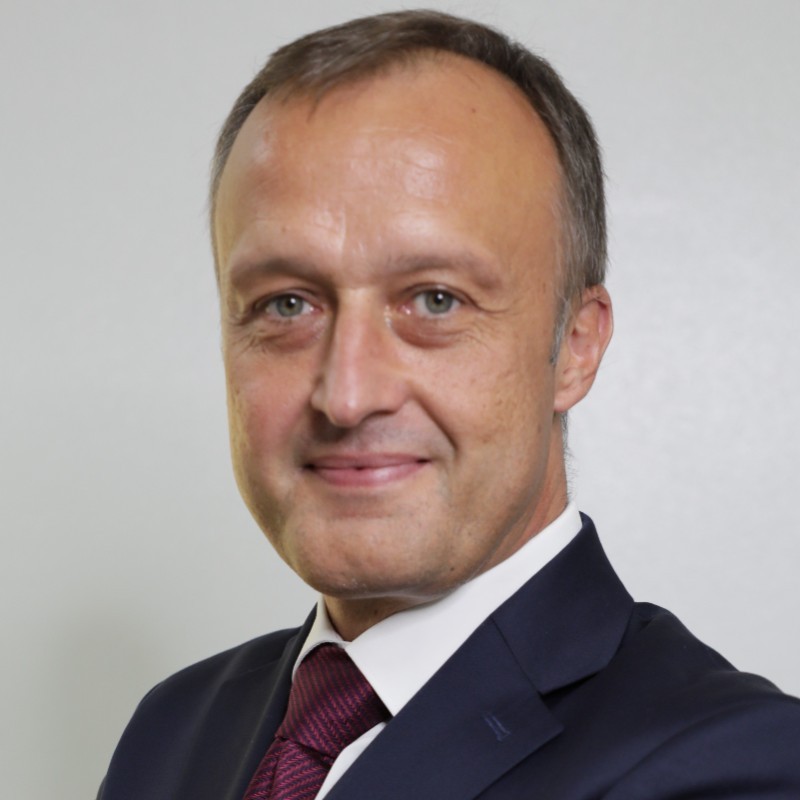The Group Chief Executive officer, Emerging Africa Company, Toyin Sanni has undertaken a critical assessment of Nigeria’s economic environment and argued that the country was yet unripe to adopt the Eco Currency system.
Sanni, speaking during an exclusive interview recently observed also that Nigeria had struggled over the years to implement the necessary structural changes required to jumpstart its economy, noting, however, that what the country needed most urgently was a strong, visionary and transparent leadership at key levels with a disposition to implementing the needed reforms.
According to the company chief executive, economic integration, including having a single currency was a laudable ideal for West African sub-region in the medium term, but she insisted, “we are not yet where this can work”.
She further observed that what the countries needed to do in the immediate term was to work more on their domestic economies, as the eco may not be the panacea for West Africa’s myriad of problems considering the high level of unemployment, insecurity, poverty, corruption and political instability among the member states.
“The outlook remains fragile, dampened by high unemployment rate, insecurity, power shortages, low oil prices and a more subdued global economic environment,” she observed, adding that “addressing these dampening factors would lead to a better economy”.
The company boss who also is author of the Book ‘Riding the Eagle – A Guide to Investing in Nigeria’ observed that Nigeria was a resource-rich country with a huge mass of arable land, a young and vibrant population, stable democracy and track record of high returns to investors, pointing out that the significant infrastructure, processing and manufacturing gaps currently being faced offered significant investment opportunities in comparison to other developed markets.
“We are not ready for the implications of such a move. Economic integration, including having a single currency, is a wonderful ideal for the sub-region in the medium term but to all indications, we are not yet where this can work. In the immediate term, we need to work more on our domestic economies. The eco may not be the panacea for West Africa’s myriad of problems, including high level of unemployment, insecurity, poverty, corruption and political instability in many member States,” she stated.
She, however, gave the thumbs up to the present administration over the recent World Bank rating of Nigeria as 131 on its year 2020 Doing Business index, stressing that this was an area where progress is increasingly being made.
It was recently published that Nigeria now ranks 131 on the World Bank’s Doing Business 2020 index. According to the publication, Nigeria moved up 15 places from its 2019 spot and has been tagged as one of the most improved economies in that regard.







Comment
No comments found.